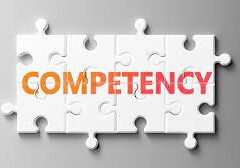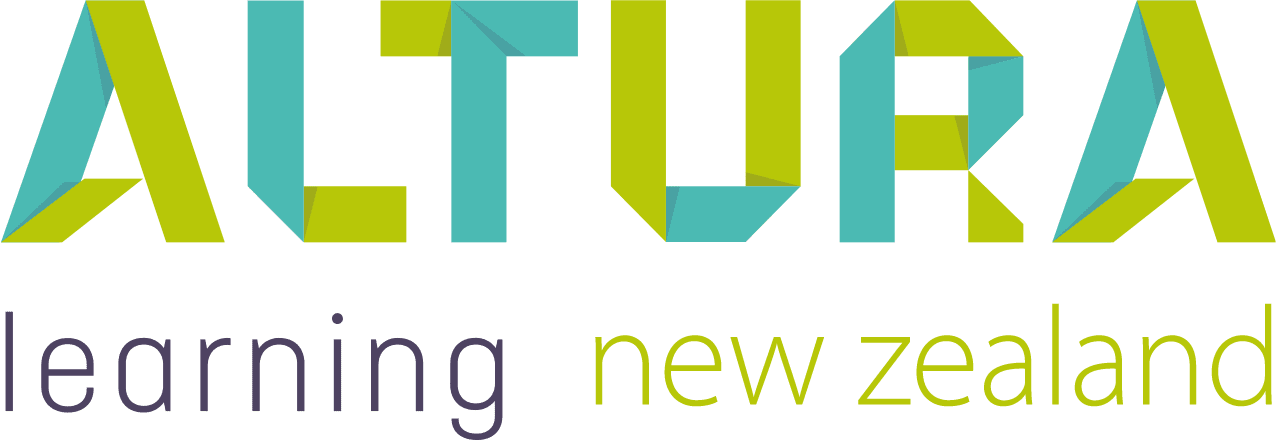Home | Altura Blog |
Better Competency Management with Bridge
September 1, 2022 | Altura Blog
Organisations who succeed often work harder to identify gaps in skills, and then manage them. Others get by on luck or they simply fail to adapt. Those who succeed at managing and leveraging their competencies grow and thrive. In this issue, we discuss how Altura Learning Customers are using Bridge to help them foster a continuous learning environment where competency is enhanced.

Start with your Organisation plan
In order to be fully effective, Bridge should conform closely with the plan and the stated goals of your organisation. Unfortunately many Altura Learning Customers use Bridge for compliance management only, and they fail to gather the low hanging fruit. However most organisational goals can easily translate to processes and measurable outcomes. These outcomes can trickle down to the team level and be mapped directly to job descriptions. Finally skills assessments can incorporate the specific and measurable aspects of the job descriptions. Together with a skills assessment for individuals and teams, you can easily assemble a blueprint to identify strengths and weaknesses. Your learning management system will get you the rest of the way.
Bridge – Skills assessments
Bridge provides the Checkpoint and Live Training modules. These learning tools give you a means to administer and record the skillsets of your teams. Checkpoints allow learners to upload evidence of their competency such as a video recording from a mobile device. Uploaded evidence can be reviewed by a designated team lead and approved or rejected based upon evidence.

Live training allows instructor led training to be organised and coordinated in Bridge. Once a topic has been created, it can be scheduled with an instructor and delivered in a classroom or via virtual online meeting.
Bridge – Extension Assessments
While live training can be effective, it does not store evidence and as such may not be ideal in all cases to assess skills gaps. Bridge extension assessments can complement the previously mentioned types of learning. Extension assessments are short answer questions which ask the learner to map the knowledge gained from theory and practice to everyday practice of care. These courses are not automatically graded, but rather must be carefully reviewed by line managers and used to build individual learning plans.

Consolidation – Joining Practical and Theory together
Create a Bridge program that incorporates eLearning, Practical, and Extensions together into one unit of learning. This results in better retention and complements the different learning styles of our workforce. For example, create a program including Manual Handling for eLearning, and have a live training session where your team operates the hoists and uses bed sheets to move Customers.

Summary
In order to drive better learning engagement, Organisations are creating competency goals based upon their strengths. They are creating additional training materials to remediate their weaknesses


